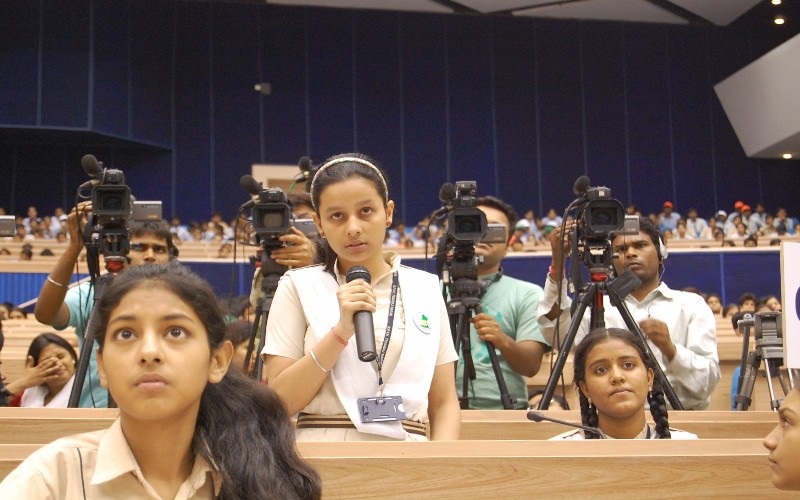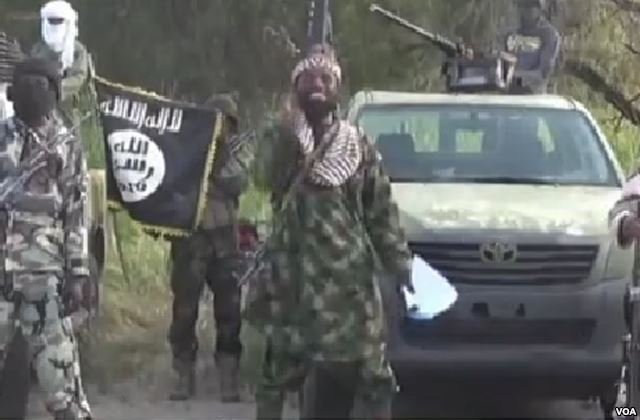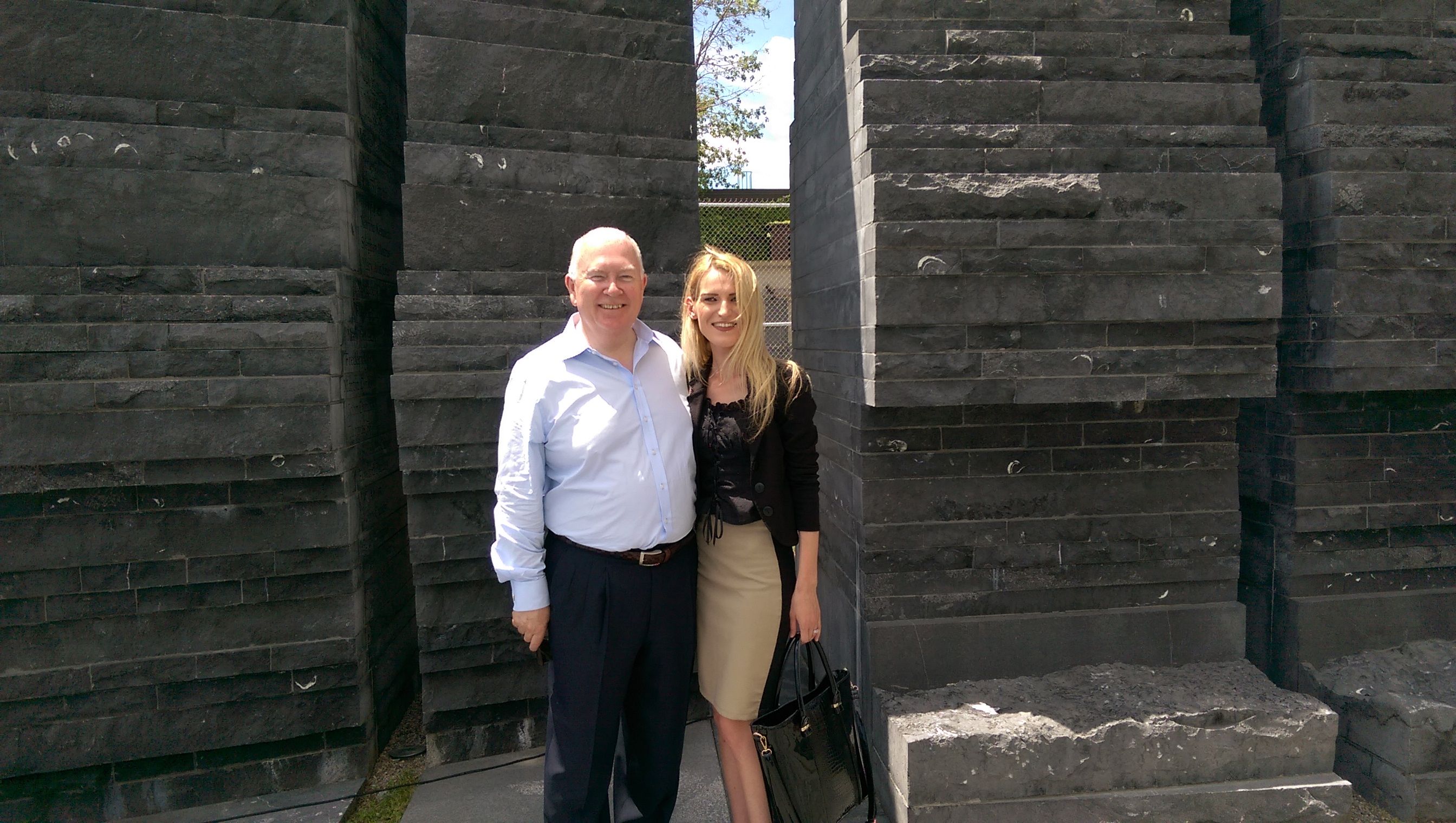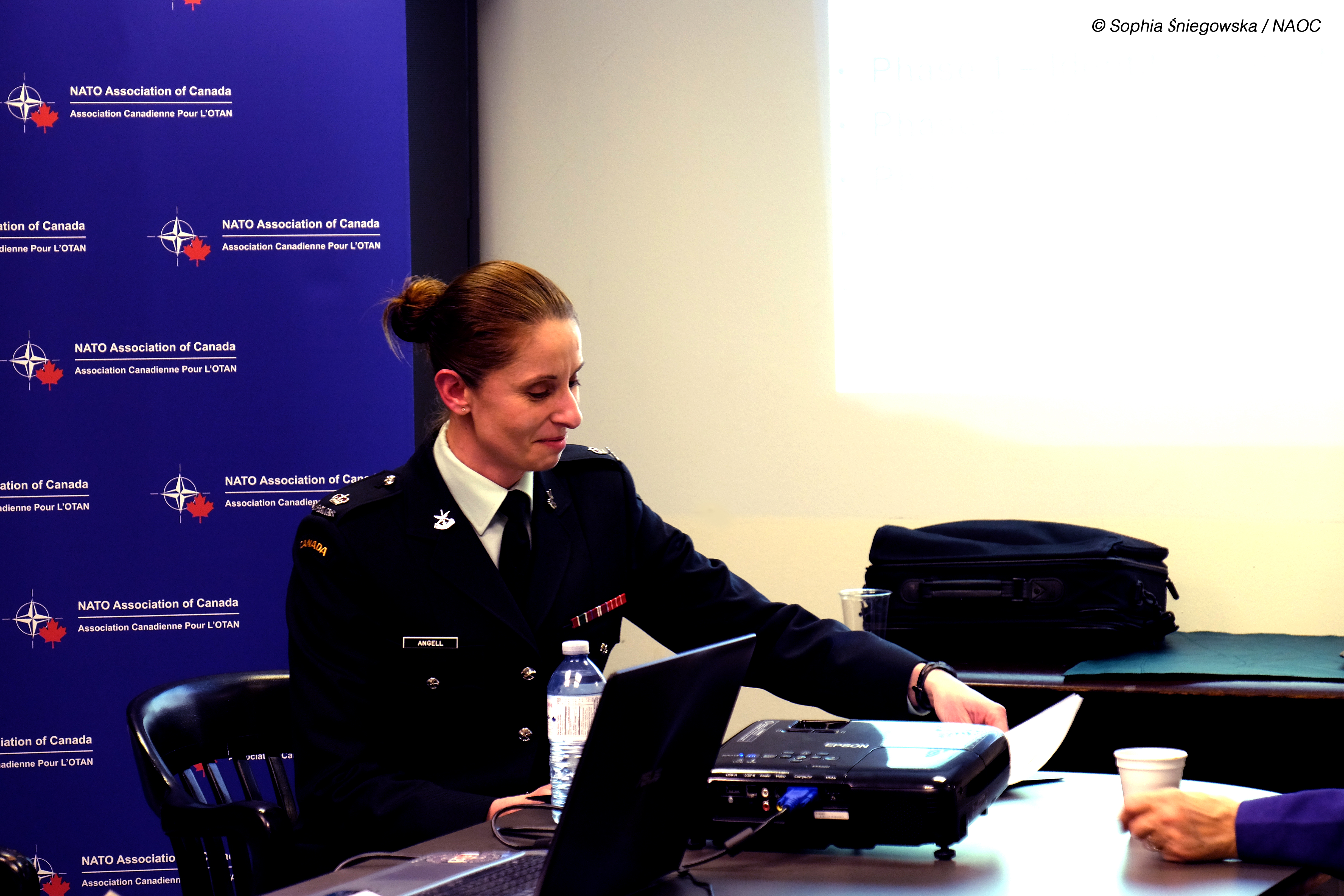The term ‘politics in education’ has the ability to spin two narratives: one of which would see the study of politics as part of the educational system, while the other would view the consequences of politics interfering with educational systems. However, this article will focus on the former narrative, especially with regards to elementary and junior high school education (below the voting age of eighteen). Should children know about politics? What should children be exposed to in regards to Politics? If they should know about politics, then how early is early enough? This article explores the relevance of politics in educational systems.
Should they know?
This is a question many tend to debate about because its relevance is lost for some. However, this does not negate the fact that if politics plays an integral role in day-to-day life, it is worth teaching. Granted, some children may not recognize or be immediately affected by the intricacies of federal government legislation, but they may be interested in the basics regarding individual and group influence on decision making.
For instance, an 8-year-old may not understand why at dinner last night, when mum and uncle said ‘first past the post’ they were not talking about horses; but she may be interested in changing her cafeteria menu by getting her friends to speak up about it with the school authority. Although simple in appearance, this decision is a form of collective action. In essence, this choice to ‘mobilize’ friends may not seem political at the time, but it can serve as a point of reference to outline certain political theories.
Furthermore, if macropolitics do not interest an 8-year-old or cannot make sense to a 5-year-old, it may be important for a teenager preparing to vote because he is mandated to do so. Generally, as children become teenagers, their ability to grasp political concepts at the macro level increases as well; and where there is a pressing need because of voter eligibility, it is important that they have the right tools in hand to make the best decisions. Although a knowledge of politics may not necessarily tackle political apathy, it ensures that those who choose to get actively involved with politics have the knowledge of the right means to do so.
How much should they know?
After advocating for politics to be taught in schools from an early age, an issue that comes to mind is the extent to which politics should be discussed in the classroom. Some people may believe that some topics should be off-limit for children – which is understandable considering the age of the child and the ‘complexity’ of the topic. Regardless of age, however, it would be beneficial for children to understand basic ideas with respect to politics and policy – especially with issues affecting them socially.
If a child (10-year-old Abdi), living in the United States of America, visited “grandma” living in Somalia in January (2017), and after such visit he was told that he could not return to see his friends, would you have explained the President Trump’s executive order to him (infamously known as the ‘Muslim ban’) or would you have made up a story to placate his relentless questions? If you were to decide to make up a story, to protect him, remember that Abdi has access to the internet and social media; so the possibility of Abdi finding out about the truth, and the fake truth is very high. Indeed, you would have to consider that the internet may provide wrong information. You also do not want him finding information that gives warped insight to the situation, which may prove detrimental in the long run.
At that point, it would have been important to inform Abdi of the situation. Informing children of political issues, policy, and processes is particularly important because if you want to be sure of the kind of political information a child receives, you are better off being the informer or knowing that such information is coming from a regulated institution – such as a school. This brings us to the next key question: when should they know?
How early?
With regards to the question of how early they should know, one may argue that political education should start at 9, while others may believe that they can learn from as early as 5, or even earlier. Regardless of the specific age, every child (depending on their ability to comprehend) should have the opportunity to be informed about politics, in terms that relate to their concerns and orientation at the time.
It is not really an issue of age but an issue of communication. How you say it matters. For example, books like “The day Gogo went to Vote” and “Grace for President” targets the younger population – under 10 – but they are able to convey lessons in politics while keeping their readers engaged. Websites like “Times for Kids” also deliver the news to children from K-1 to Grade 6.
The particular terms you would use to explain what the Senate is to an 8-year-old will of course not be equated with the ones you would use for a 17-year old getting ready for compulsory voting in Australia. Regardless of where they are, when or how they are told though, they both deserve to know.
Photo: Children asking questions to politicians (2010), by Arne Panesar via Flickr. Licensed under CC2.0.
Disclaimer: Any views or opinions expressed in articles are solely those of the authors and do not necessarily represent the views of the NATO Association of Canada.




